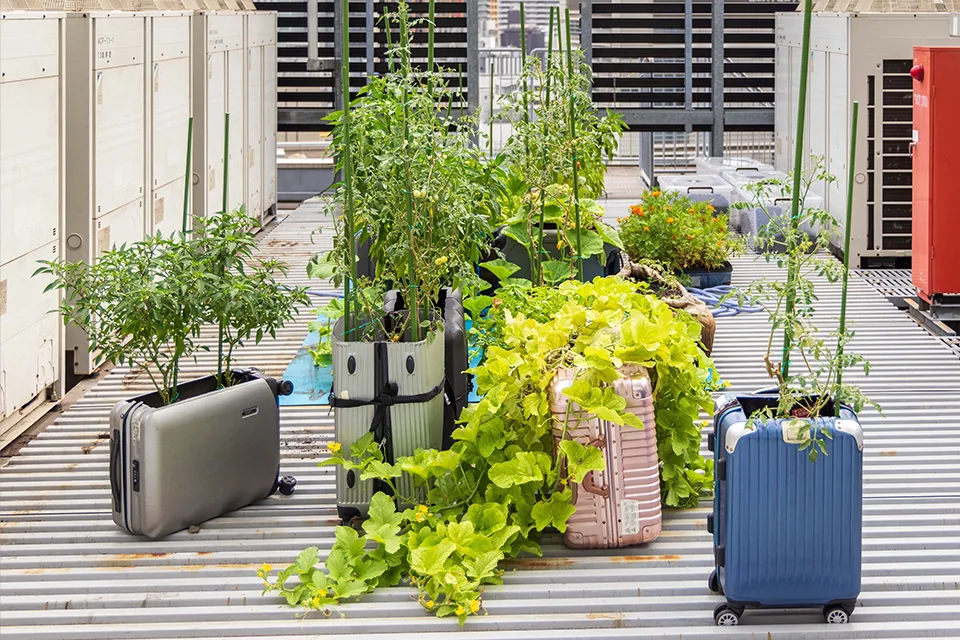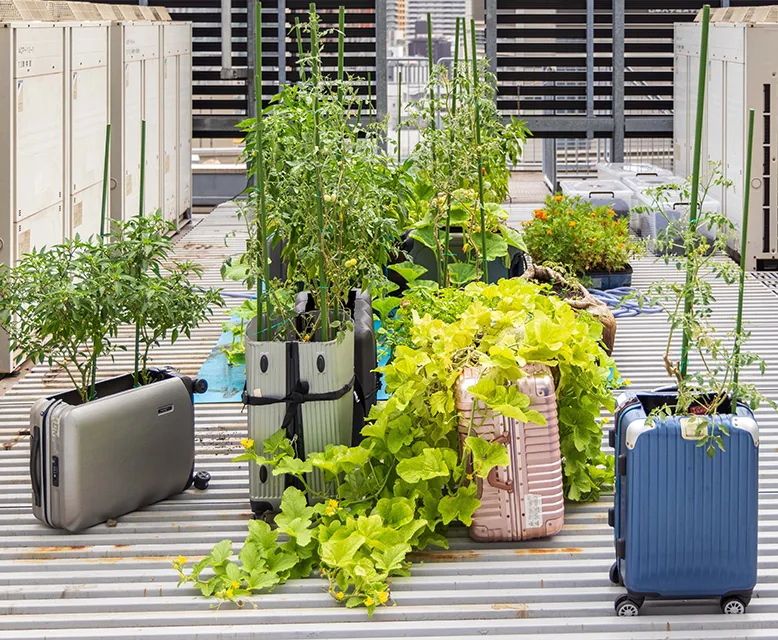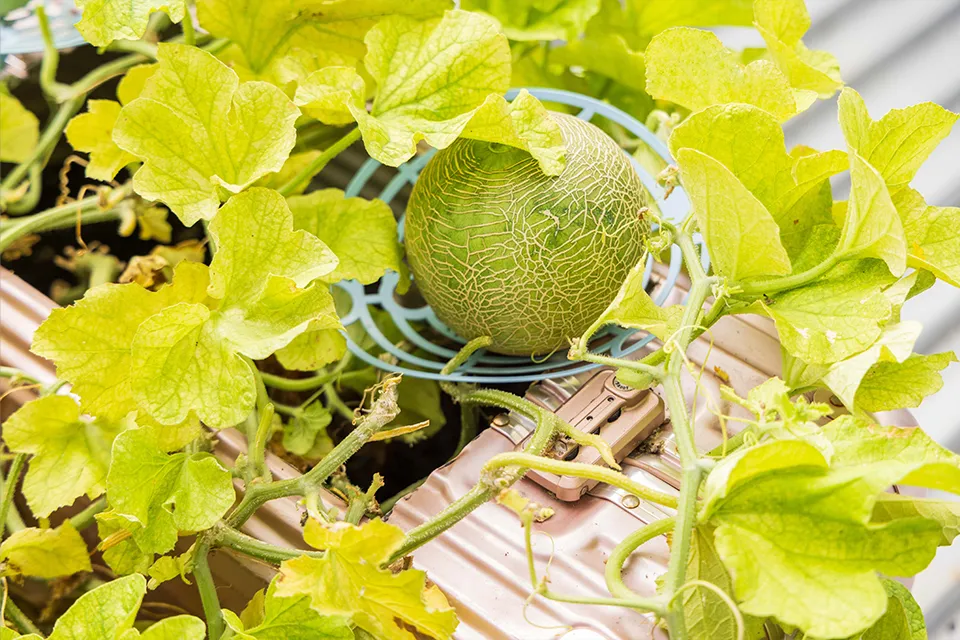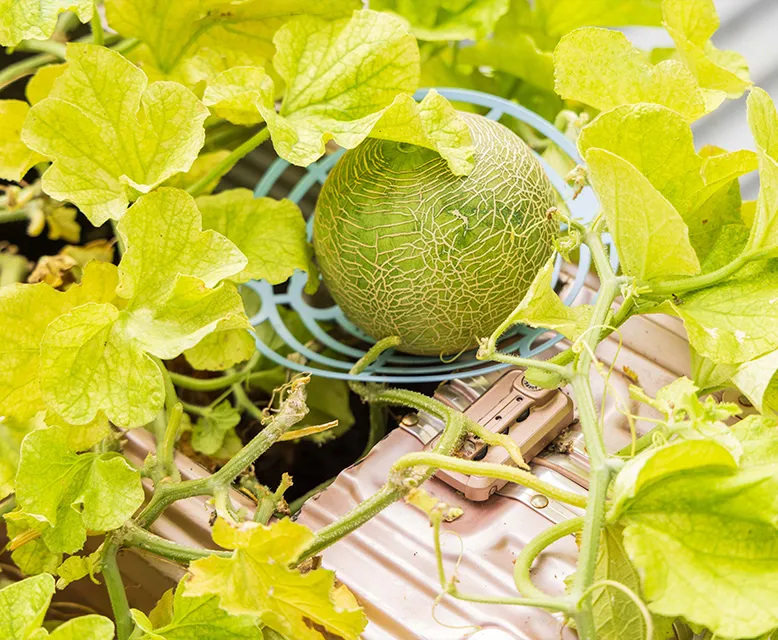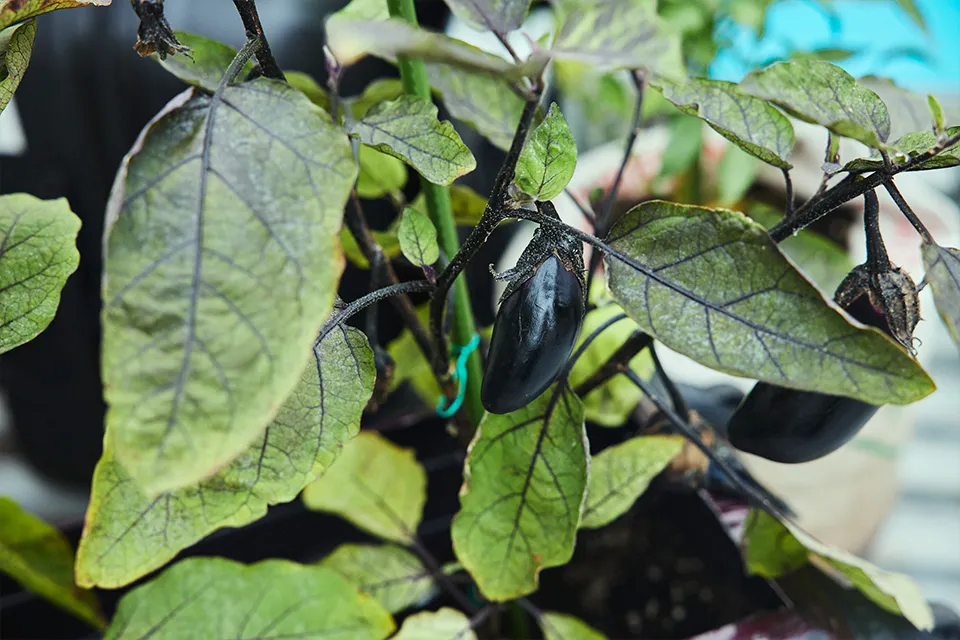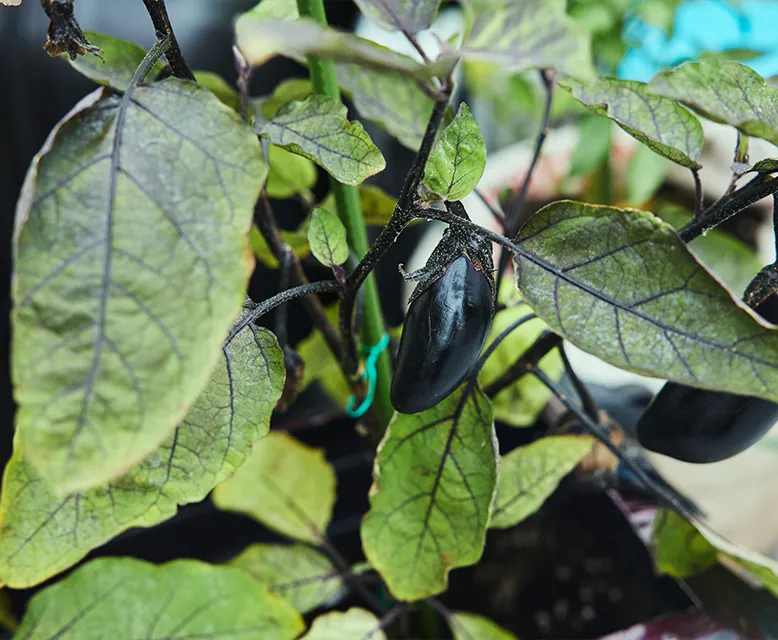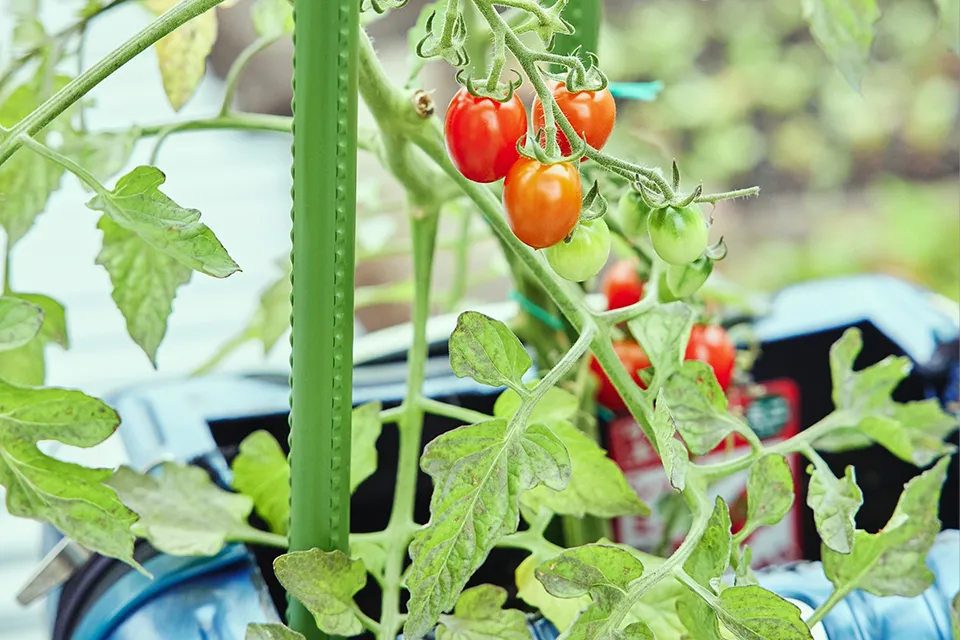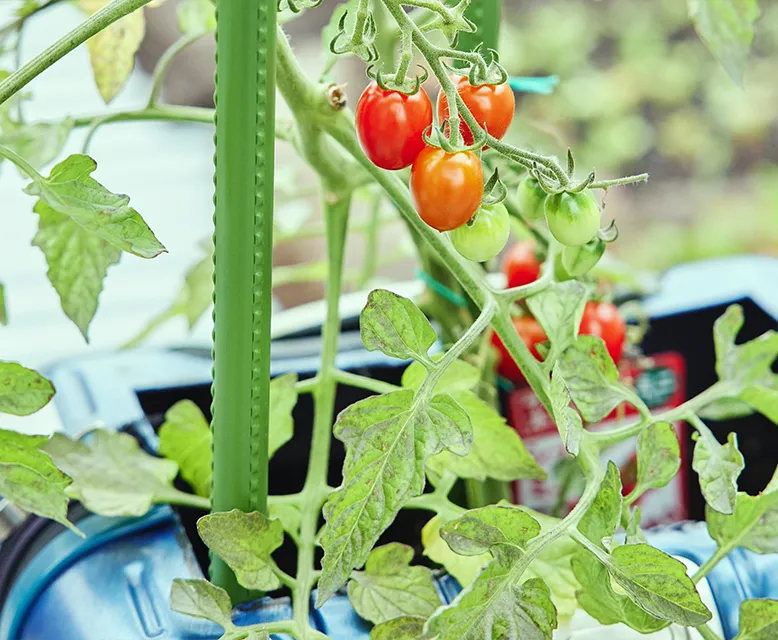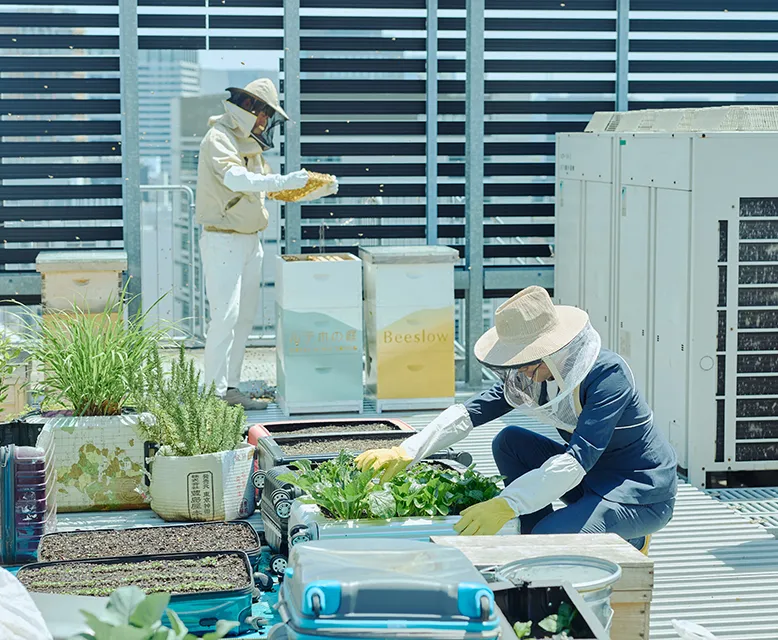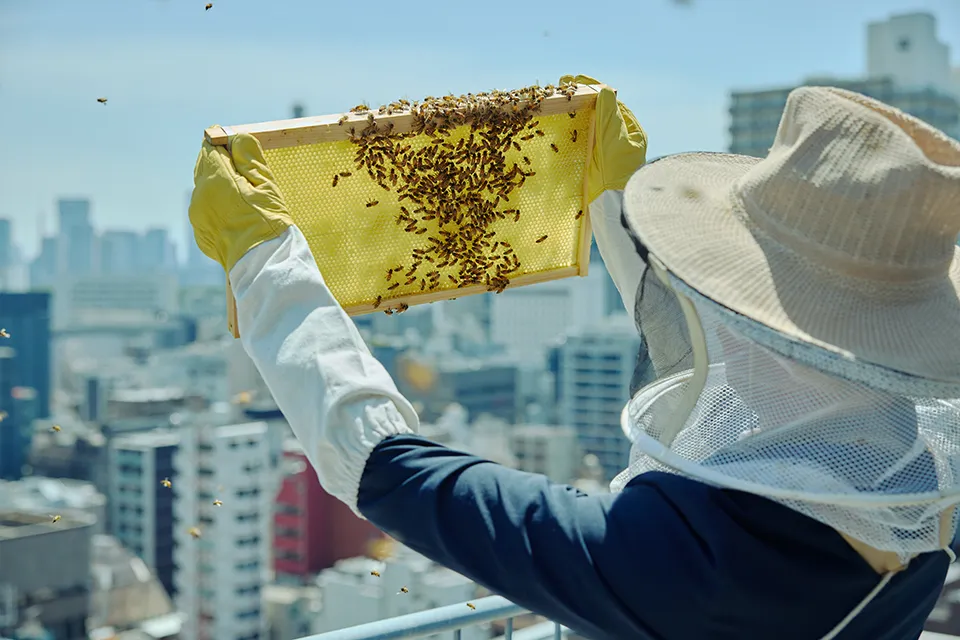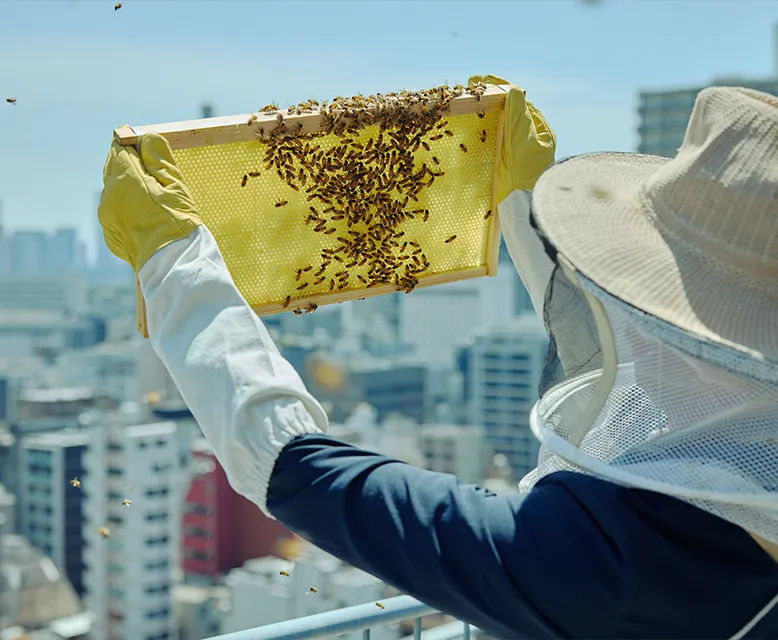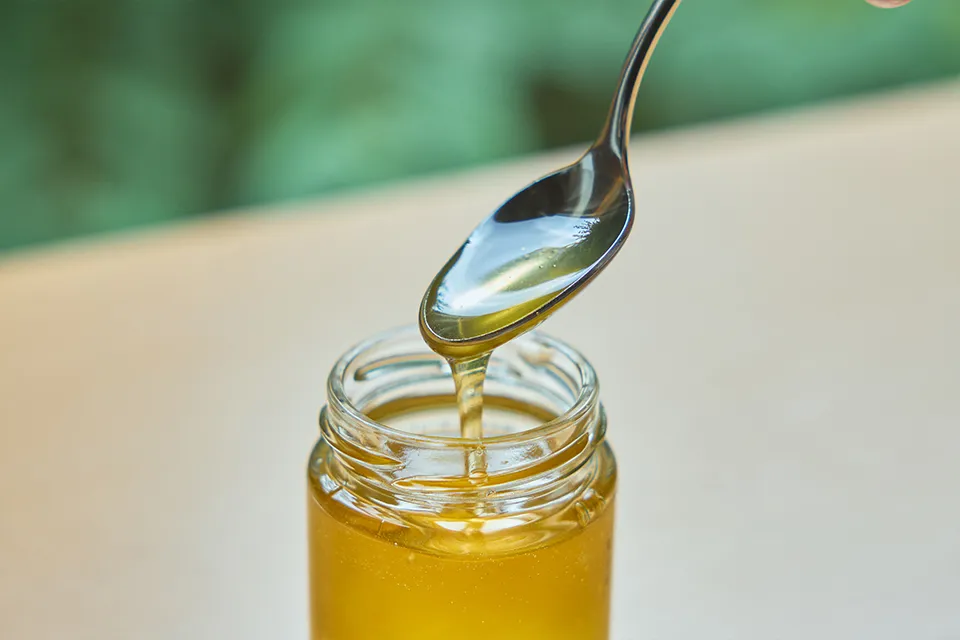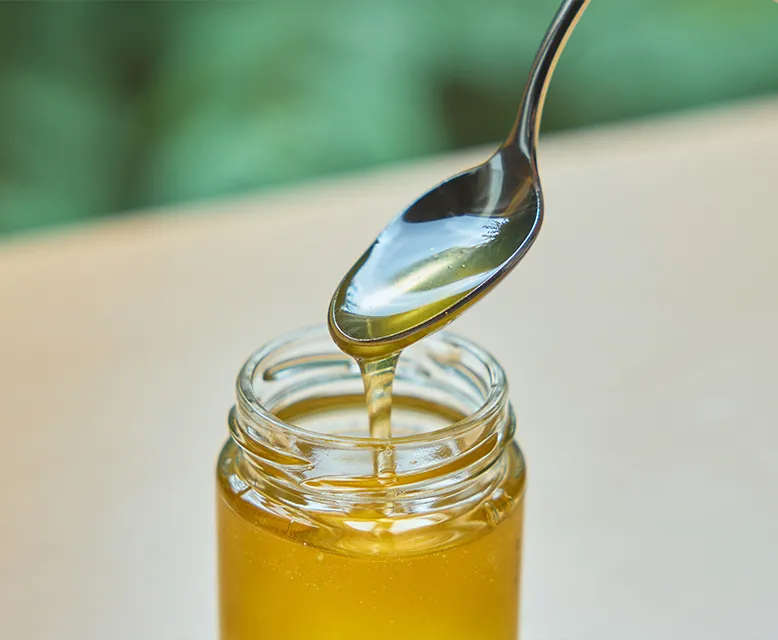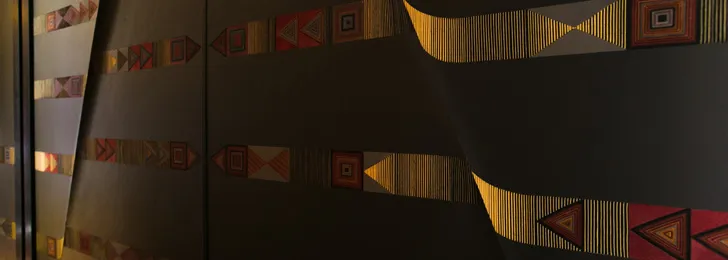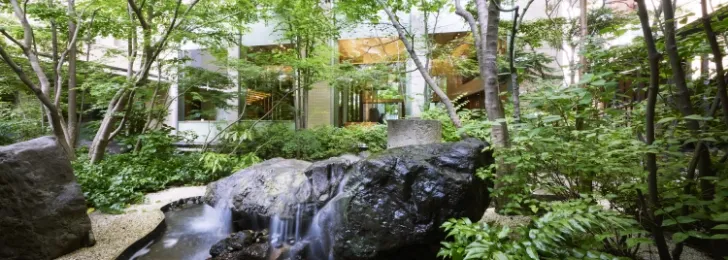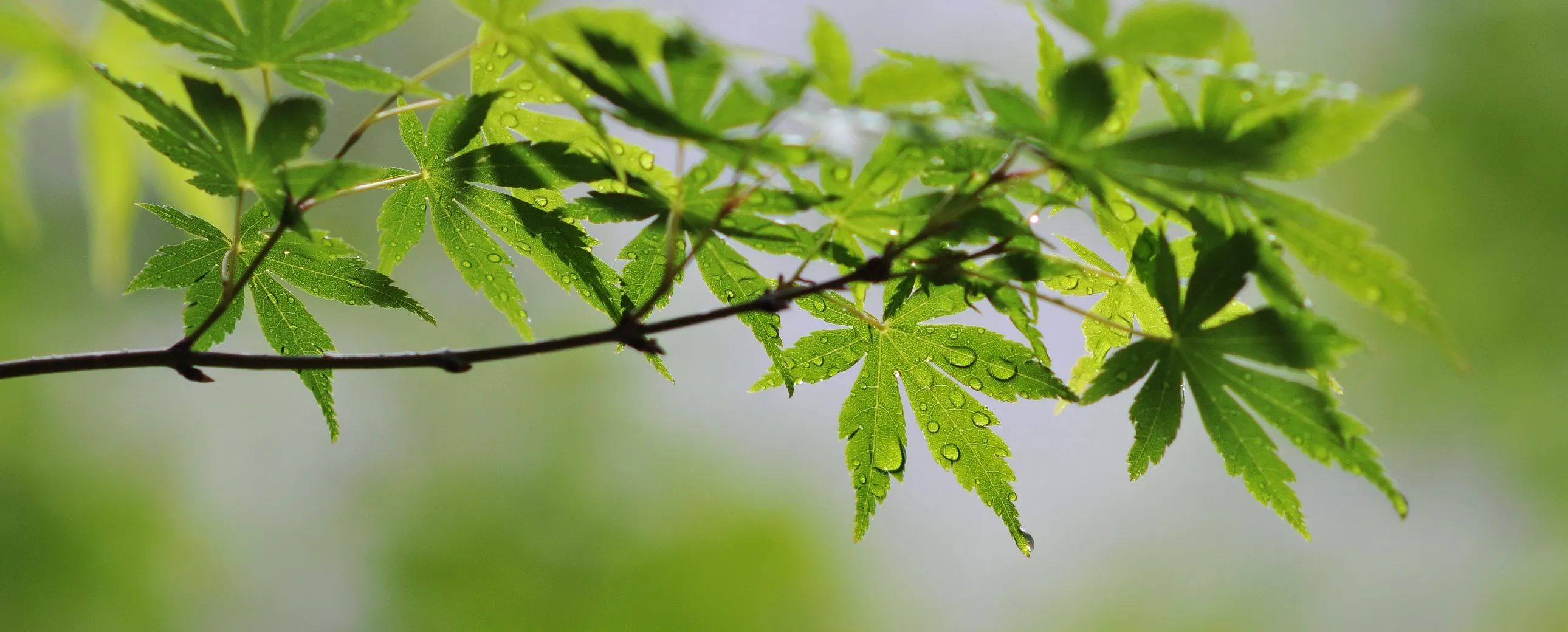
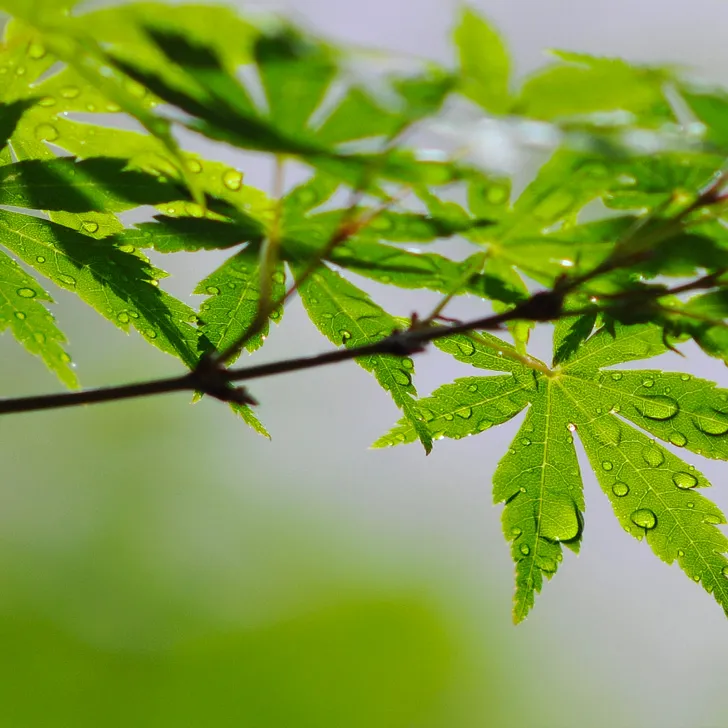
Sustainability

ECOMARK CERTIFIED HOTEL
Certification Number:20 503 006
ECOMARK CERTIFIED HOTEL (Certification Number:20 503 006)
eco niwa projecteco-Niwa Project
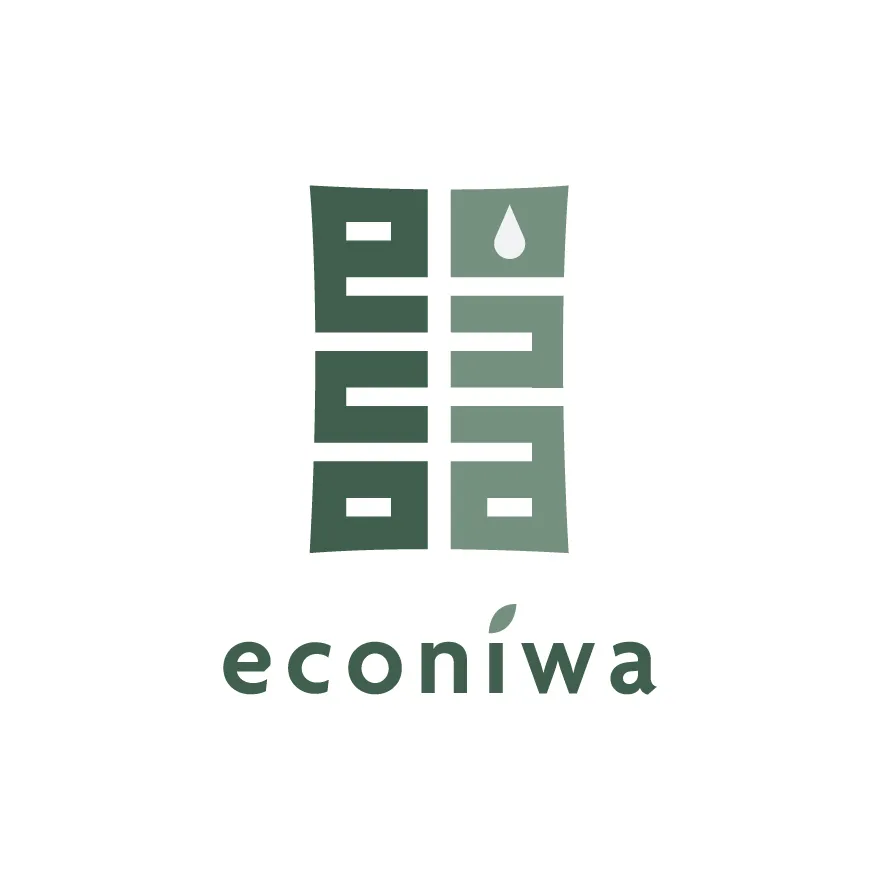
Our Sustainable Journey
At Hotel Niwa Tokyo, we have established a unique recycling system called the 'eco-Niwa' project, aimed at environmental protection and biodiversity. We carry out various activities with the cooperation of our guests.
The logo symbolizes the concept of a 'recycling system within the hotel' by illustrating the word 'eco' as a line that spirals in a continuous loop.

Rooftop
Container Gardening
From Leaves to Harvest
We recycle fallen leaves collected from the four gardens within the hotel into compost and use discarded materials such as suitcases left by guests to grow vegetables and herbs on the hotel's rooftop. These fresh harvests can be enjoyed at the hotel's restaurants.
*Please note that the availability of rooftop-grown vegetables at the restaurant is irregular due to the influence of harvest periods.
*How to make a planter using a broken suitcase (External link)
YouTube
*Related Article (External link)
Japan 2 Earth
Niwa Honey
A Gift from the Urban Oasis
To assist with the pollination of fruit and vegetable plants in our rooftop garden, Hotel Niwa began beekeeping in a corner of the rooftop in February 2024. The hotel is surrounded by many green spaces such as the Imperial Palace, Koishikawa Korakuen Gardens, Koishikawa Botanical Garden, and Ueno Park, allowing the bees to collect high-quality honey. The harvested honey is offered in our restaurants (for breakfast and original drinks) and is also available for purchase in jars at the front desk. (Note: Jarred honey is available in limited quantities and will be sold on a first-come, first-served basis.)
In cooperation with Beeslow Co., Ltd.(External link)
RECYCLE
-
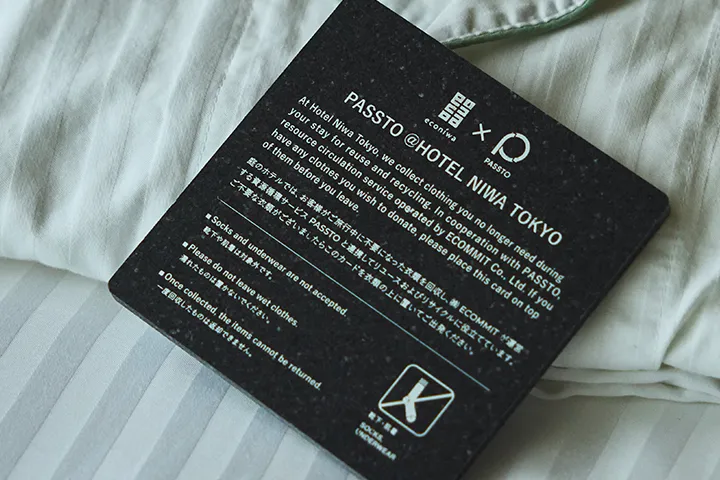
Resource circulation service "PASSTO"
In partnership with ECOMMIT Co., Ltd.'s resource circulation service 'PASSTO,' we offers a service to collect clothing that guests no longer need during their stay to participate in reuse and recycling initiatives.
-
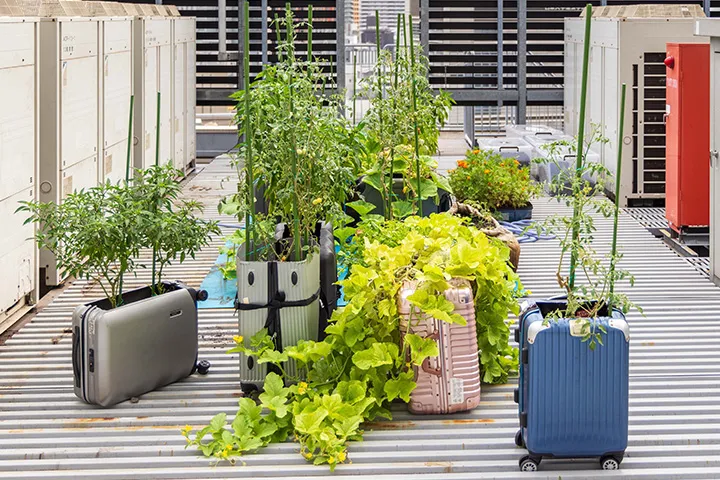
"eco NIWA" project
Vegetables and herbs are grown on our rooftop using discarded materials such as fallen leaves in the hotel's garden and suitcases left behind by guests.These harvests are served in our two restaurants.
*How to make a planter using a broken suitcase (External link)
YouTube
*Related Article (External link)
Japan 2 Earth -
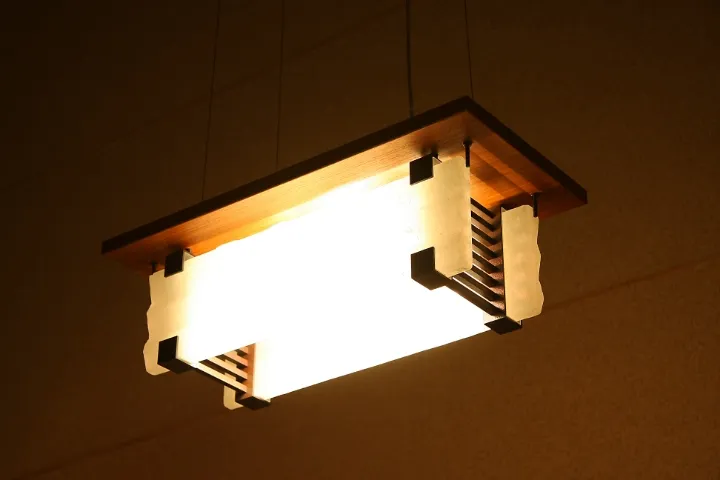
Recycled glass lighting
The lighting at the front desk using "Hotaru Glass" made from recycled fluorescent tube glass by environmental artist Ikuzo Fujiwara.
-
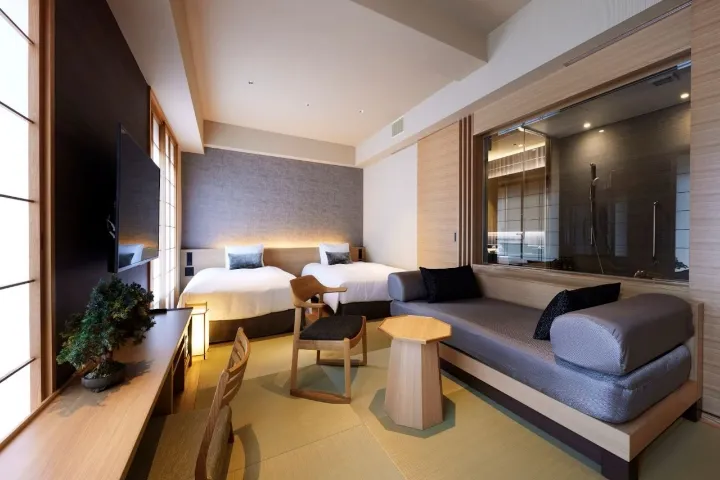
Installation of sorting bins
All rooms are equipped with garbage cans for separation.
REDUCE
-
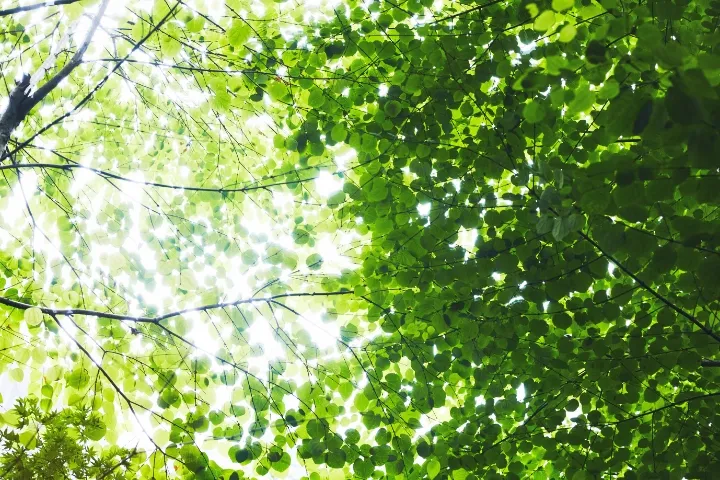
Adoption of green electricity
With CO2 Zero Plan* our hotel is powered by green electricity from renewable sources that reduce CO2 emissions.
* CO2 Zero Plan enforces the use of non-fossil derived renewable energy to achieve virtually 100% renewable energy and zero CO2 emissions. Electric power is provided by NF Power Service Co., Ltd., an affiliate company, enabling us to stably achieve zero CO2 emissions. -
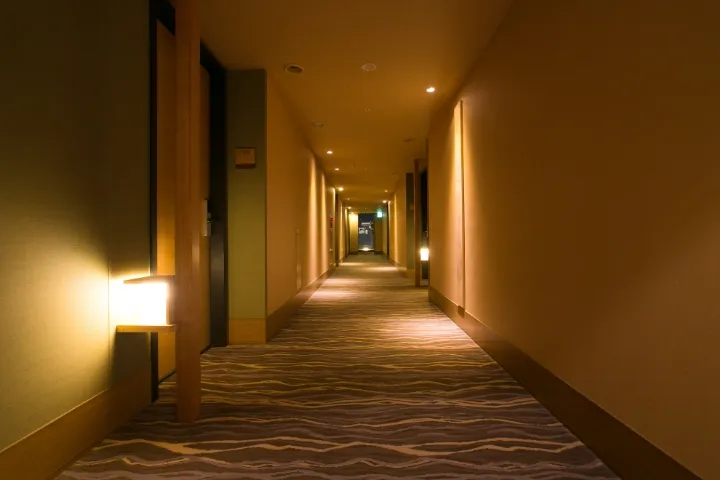
Use of LED light bulbs
All public spaces and guest rooms are equipped with LED bulbs.
-
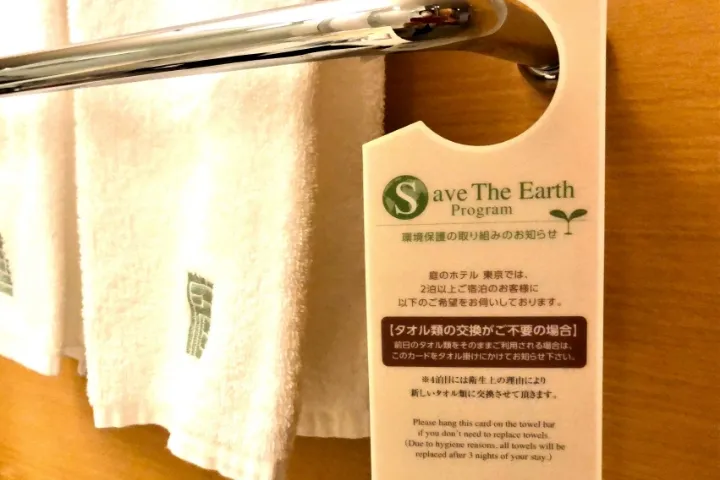
Curbing water consumption
In addition to the introduction of an Eco Friendly card "no need to change linens," we have adopted a water-saving shower head in bathrooms and a water level (appropriate amount of hot water) displayed on bathtubs to conserve water.
-
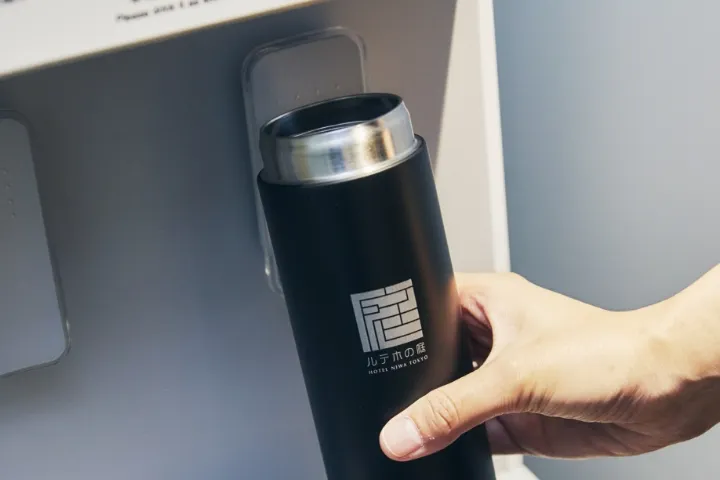
Deplasticization
Aiming to eliminate plastics, we are taking actions such as eliminating small packaging for bath amenities and installed a free water server on the 3rd floor. In addition, we have adopted paper straws in our restaurants and mineral water packed in 100% recycled bottles in the guest rooms.
-
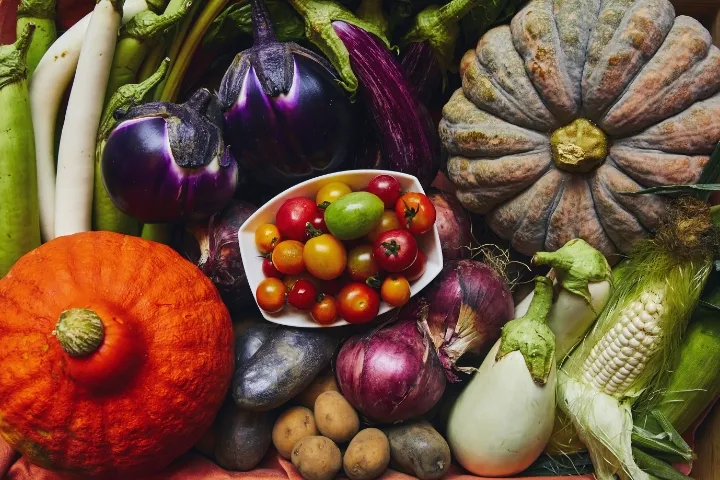
Food miles
We actively use local ingredients.
REUSE
-

Reuse of waste products
We reuse paper, glass, plastic waste, and food waste from restaurants.
-

Preferential use of returnable bottles
Restaurants give priority to the use of returnable bottles.
-
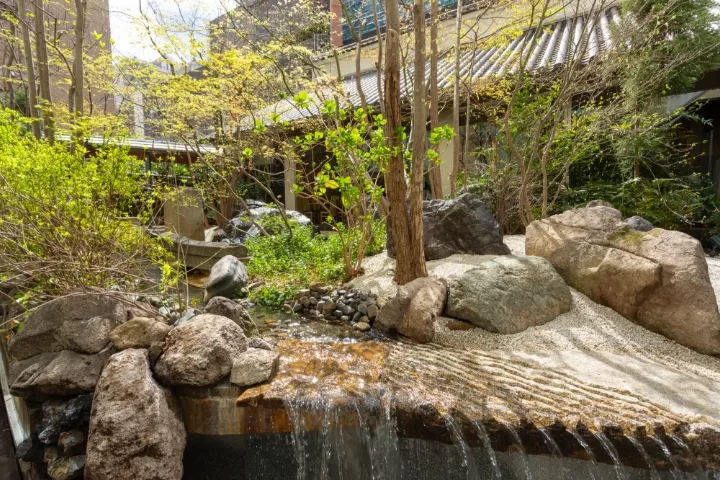
Reduction of water consumption
Flowing water from the garden is circulated to reduce water consumption.
RENEWABLE
-
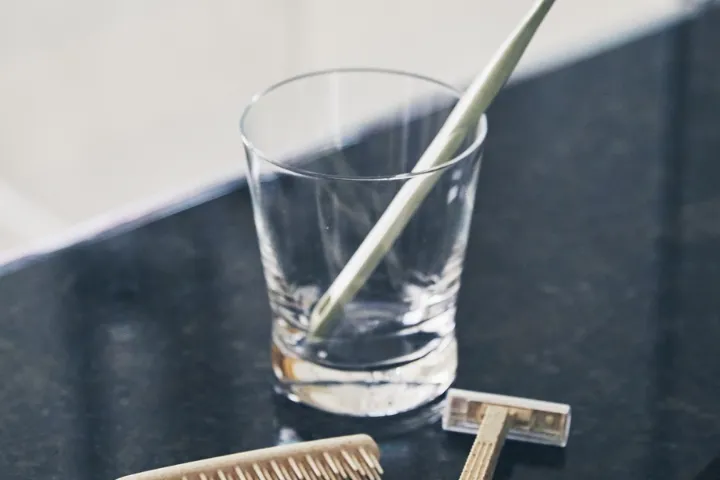
Biomass plastic bath amenities
All guest rooms are equipped with environmentally friendly biomass material amenities made from rice husks.

